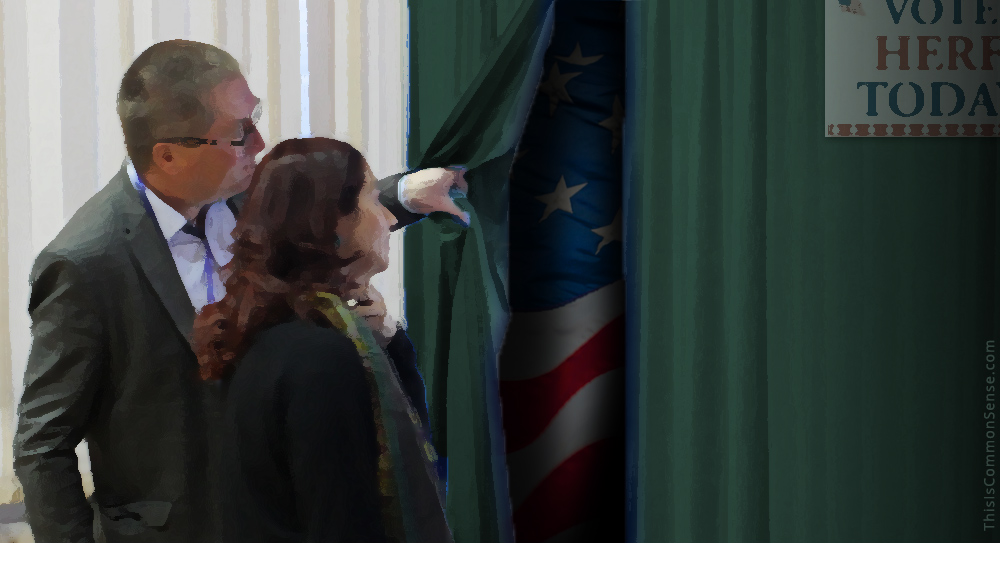Addison Barnes has just won a court case against Liberty High School of Hillsboro, Oregon. The court ruled that the school acted wrongfully when, early this year, it suspended him for wearing a “disruptive” T‑shirt heralding a “Donald J. Trump Border Wall Construction Co.”
Addison was awarded $25,000 for legal expenses, and the school has apologized to him, sort of, for the suspension.
“I brought this case to stand up for myself and other students who might be afraid to express their right-of-center views,” Addison says. “Everyone knows that if a student wears an anti-Trump shirt to school, the teachers won’t think twice about it. But when I wore a pro-Trump shirt, I got suspended. That’s not right.”
No, it’s not.
The outcome is imperfect. The apology offered by Liberty High does not acknowledge the glaring injustice of the suspension. It simply asserts that the school got the “balancing act” wrong between making students feel welcome and making them feel safe. (Because it is “unsafe” per se for kids to peacefully express political disagreements?) Nor was the teacher who imposed the suspension obliged to apologize personally.
Ideally, all schools would be privately owned, privately run. Then they could openly promulgate whatever silly policies they wished about what students may display on T‑shirts, if anything. Market pressures would tend to discourage indefensible rules.
But today’s schooling system is not ideal.
Have you noticed?
Meantime, let’s hope that the court’s decision will discourage other schools from imposing similar double standards.
This is Common Sense. I’m Paul Jacob.











